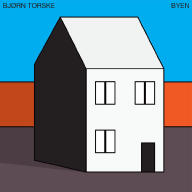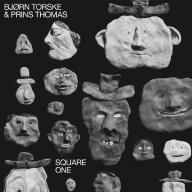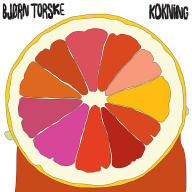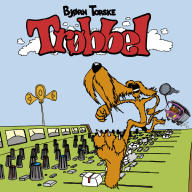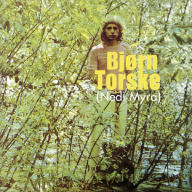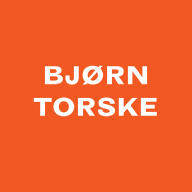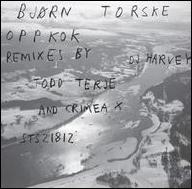Bjørn Torske started experimenting with electronic music in the late '80s in his hometown of Tromsø. As a teenager, he was inspired by other Tromsø musicians, especially Geir Jenssen, the musical prodigy later to be known as ambient pioneer Biosphere. Torske started releasing minimalist techno in the beginning of the '90s, primarily as part of the duo Ismistik (which just consisted of Torske by the time full-length Remain appeared in 1995). By the middle of the decade he had released a dozen 12" singles on different labels such as Djax-Up-Beats and Reinforced Records, using the Ismistik name and others, such as Krisp and Open Skies. By then he was already considered a Norwegian techno and house pioneer; however, his big breakthrough as a producer came when he released his Nedi Myra LP on Ferox in 1998. Nedi Myra was highly appreciated by house lovers as well as the dance music press. By the release of Nedi Myra, Torske was also a member of Drum Island, a group that later transformed into the much more famous duo Röyksopp.
Torske eventually moved to Bergen, Norway, but continued traveling all over world and became a world-class DJ. He released the acclaimed LP Trøbbel (Tellé Records) in 2001 and returned with his most experimental release to date, the Feil Knapp LP (Smalltown Supersound), in the spring 2007. The sound on Feil Knapp (Norwegian for "wrong button") was inspired by everything from techno to dub, alternative pop, and left-field electronica. The relatively loose Kokning, released in 2010, placed an emphasis on analog gear. Torske continued releasing singles on EPs, both on Smalltown as well as cult Norwegian house label Sex Tags Mania. In 2017, Smalltown released Square One, Torske's full-length collaboration with space disco luminary Prins Thomas. Torske's first solo album in eight years, Byen, followed in 2018. ~ Ketil Mosnes, Rovi


